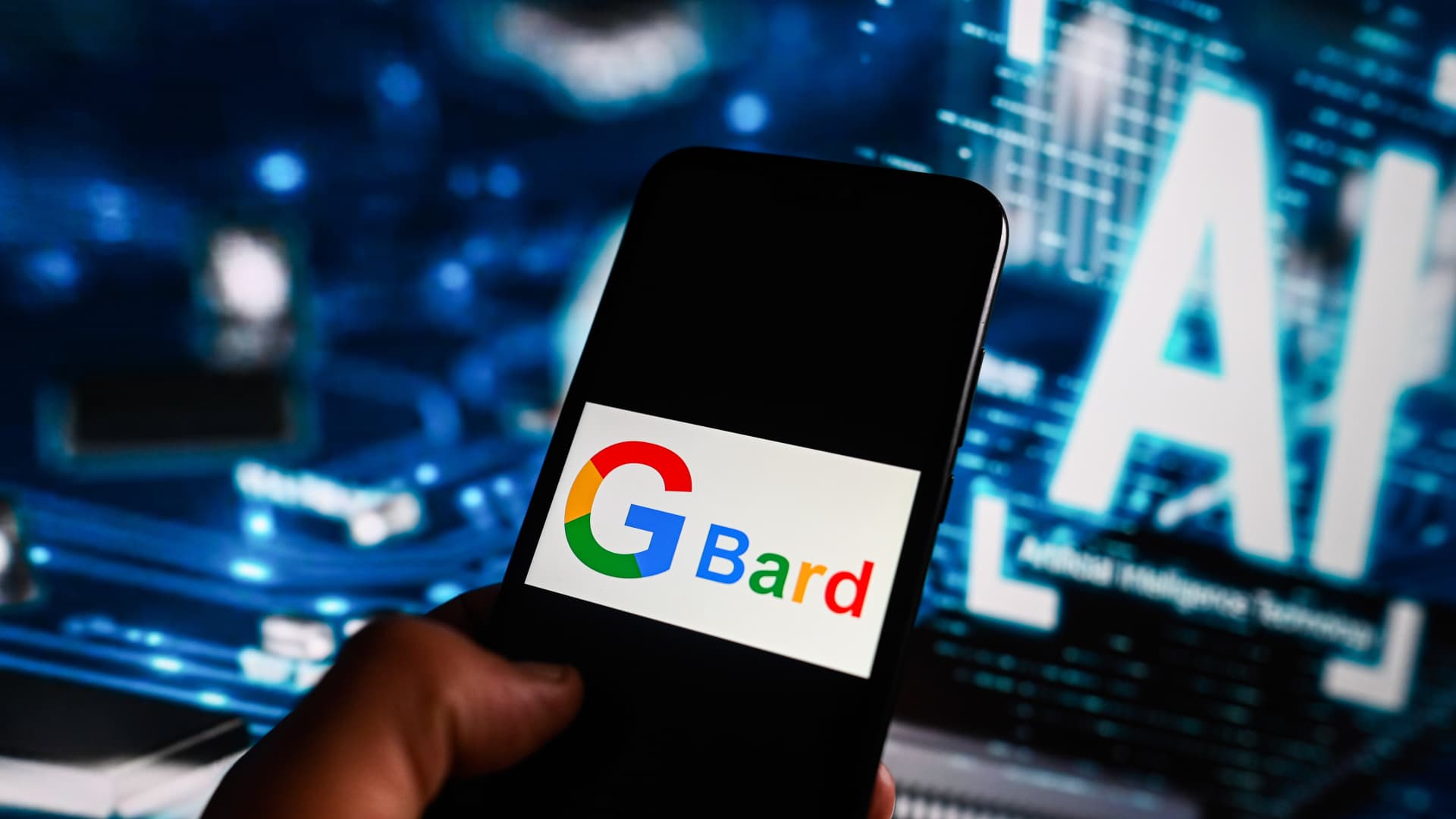
Omar Marques | Sopa Images | Getty Images
Alphabet‘s Google said on Tuesday it will restrict the types of election-related queries its chatbot Bard and search generative experience can return responses for, in the run up to 2024 U.S. Presidential election.
The restrictions are set to be enforced by early 2024, the company said.
Aside from the U.S., a slew of groundbreaking elections are expected in 2024, including national elections in India, the world’s largest democracy, and South Africa, among others.
The tech giant said it will “work with an increased focus on the role artificial intelligence (AI) might play” as it looks to service voters and campaigns related to these elections.
Facebook-owner Meta had also said in November it is barring political campaigns and advertisers in other regulated industries from using its new generative AI advertising products.
Advertisers on Meta will also have to disclose when artificial intelligence (AI) or other digital methods are used to alter or create political, social or election related advertisements on Facebook and Instagram.
On the other hand, Elon Musk’s social media platform X, which is being probed by the European Union, said in August it would now allow political advertising in the U.S. from candidates and political parties. It will also expand its safety and elections team ahead of the U.S. election.
All political ads had previously been banned globally on X since 2019.
Governments across the globe have been rallying to regulate AI in light of the threats it poses, such as the spread of misinformation.
Big Tech firms will face new European Union rules to clearly label political advertising on their platforms, who paid for it and how much and which elections are being targeted.
